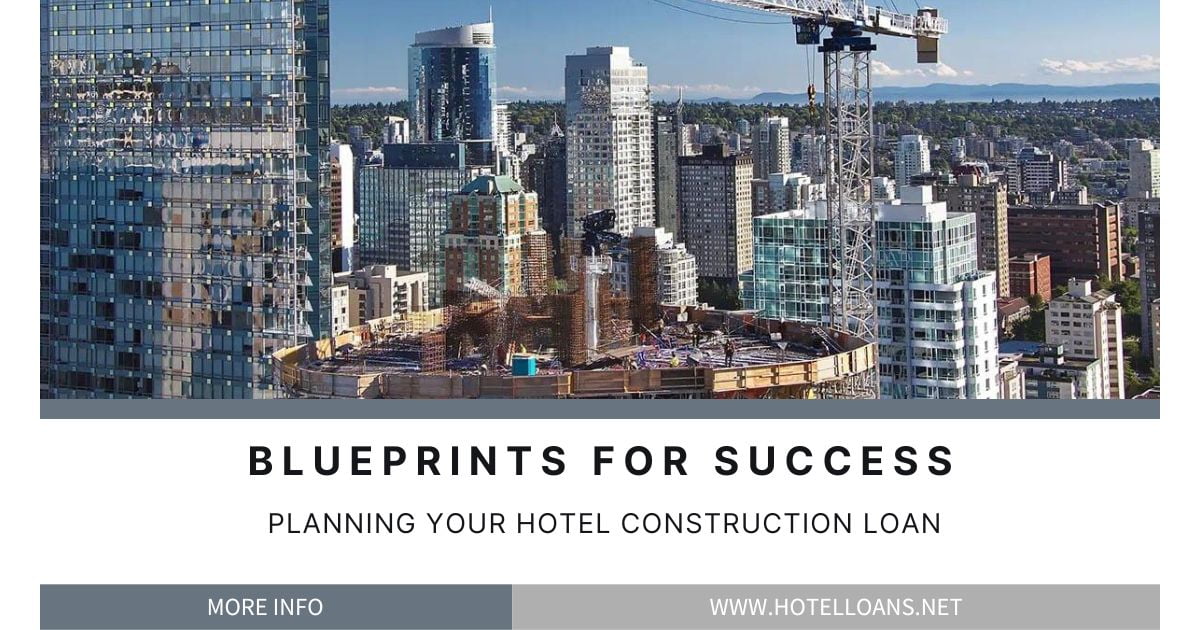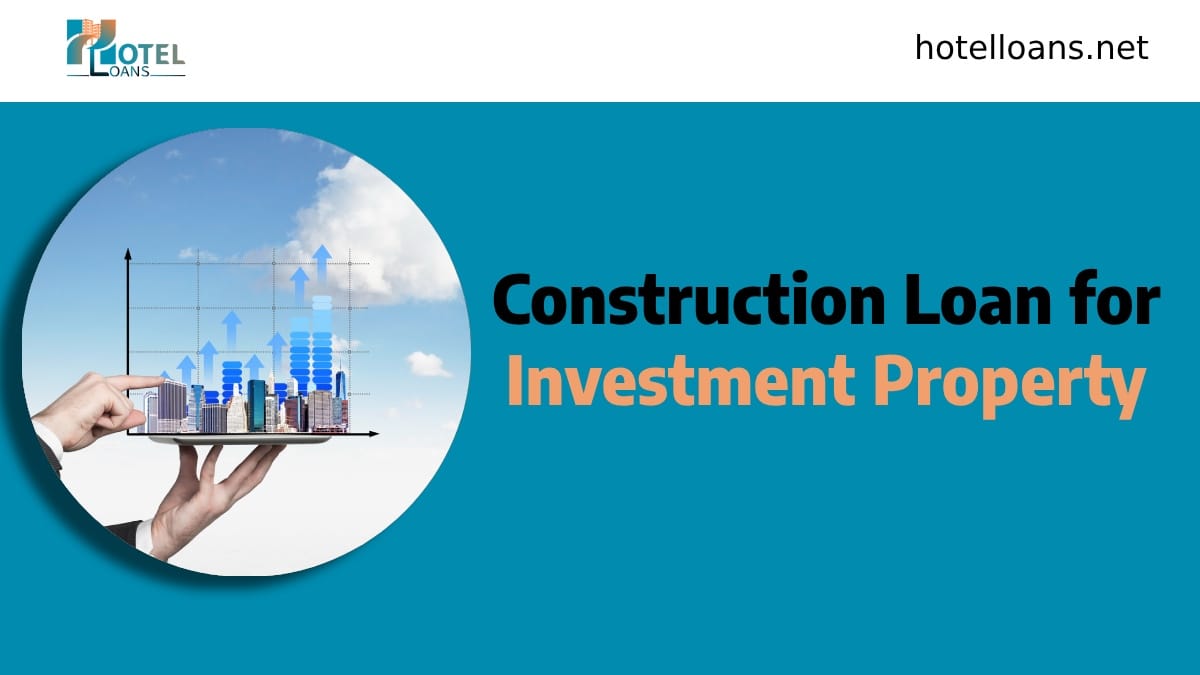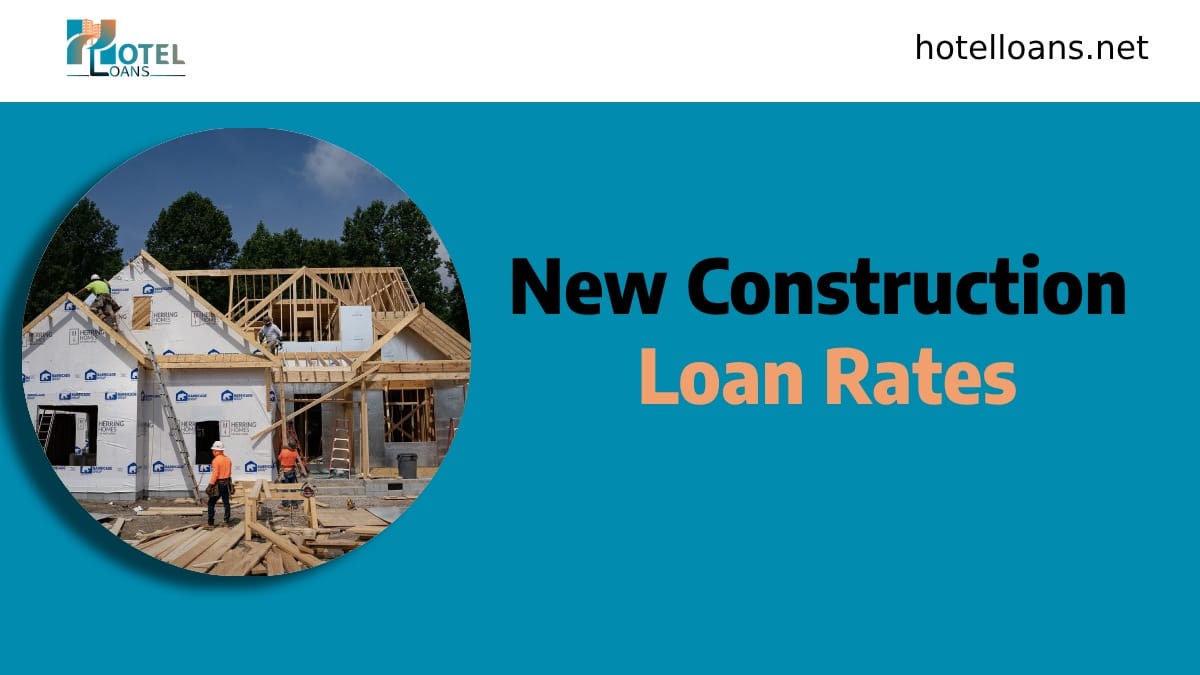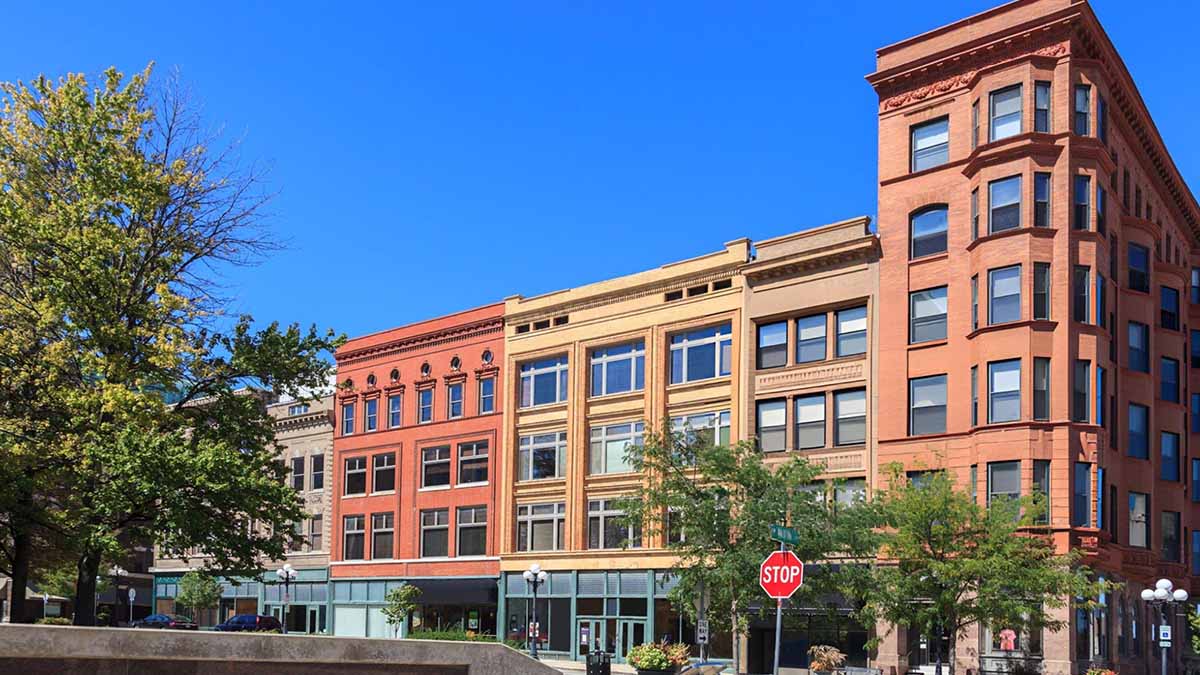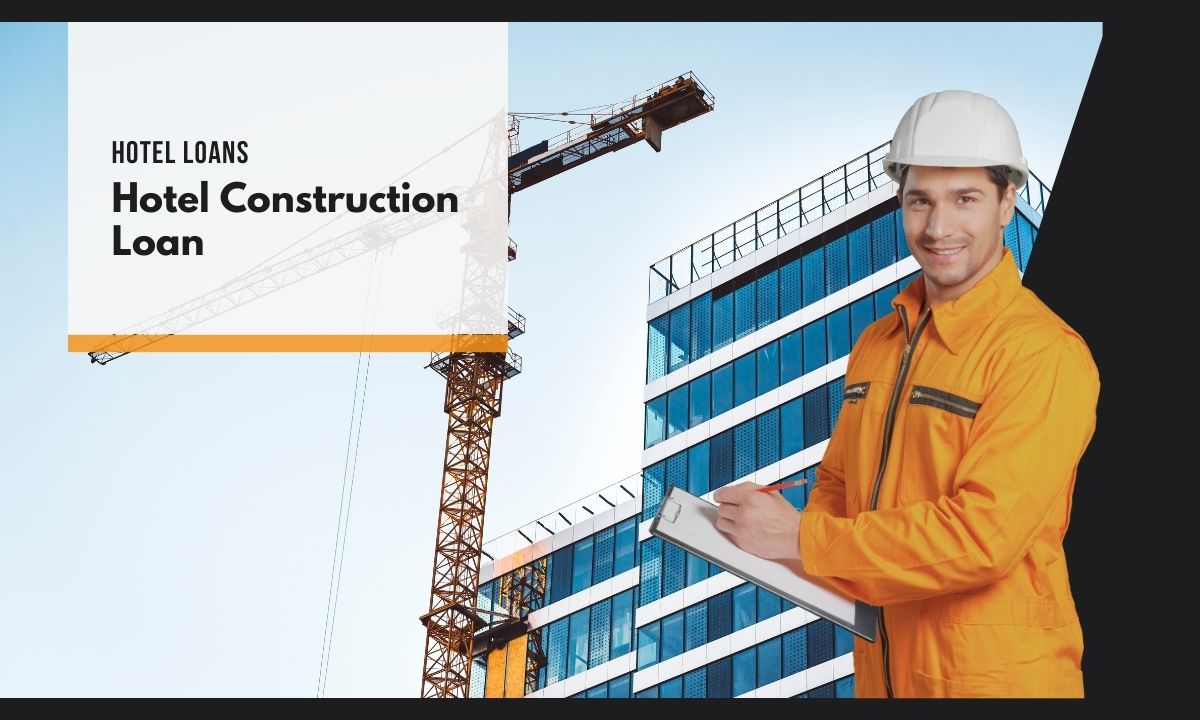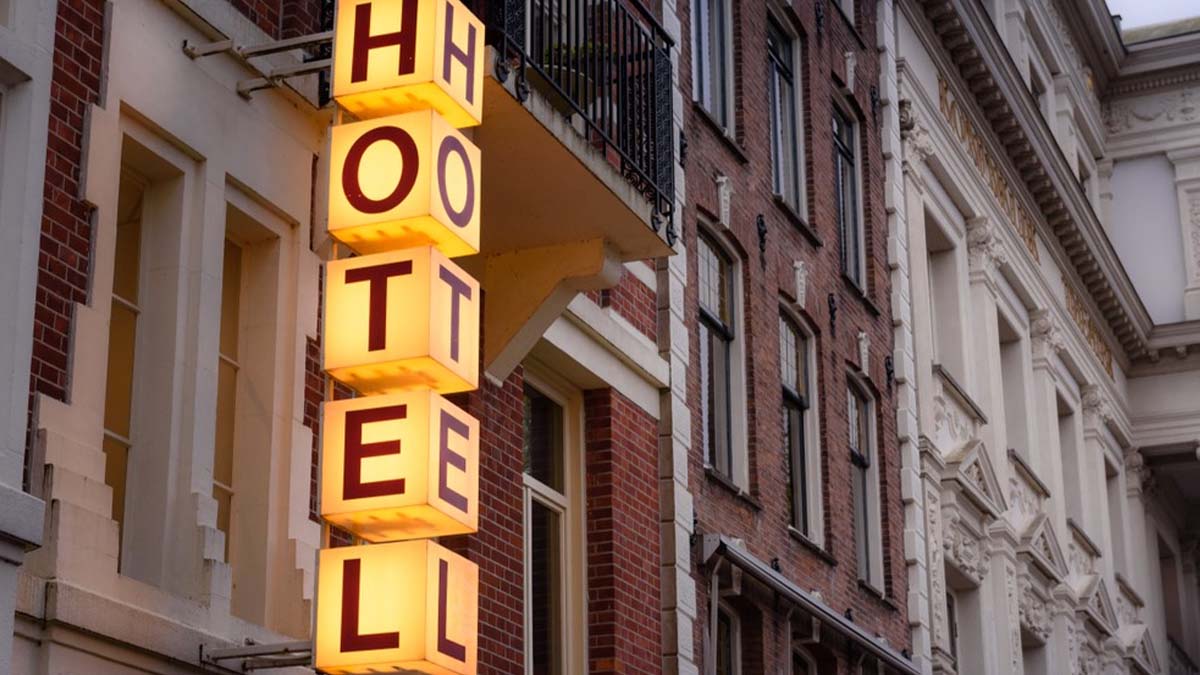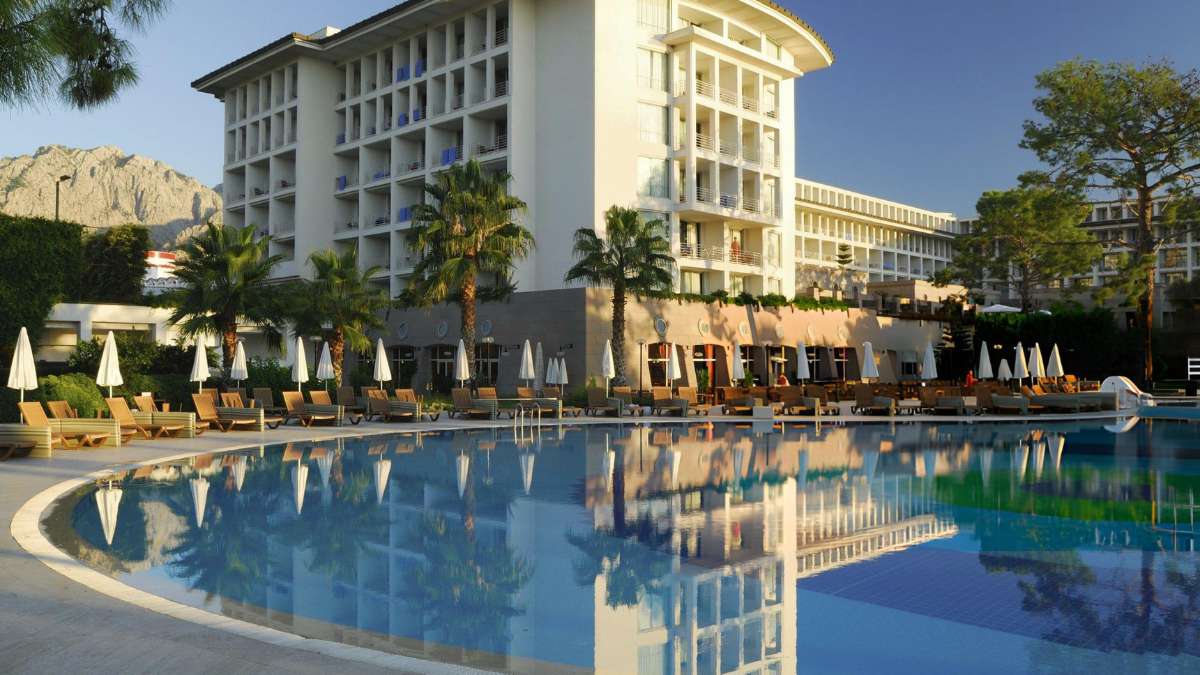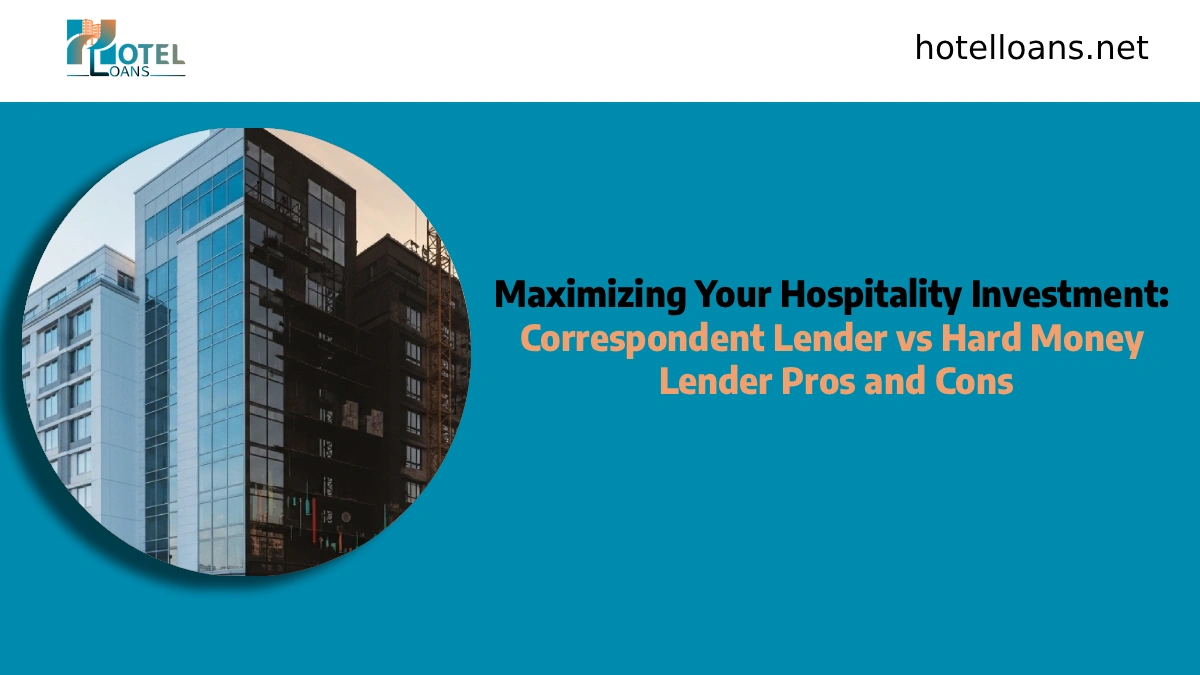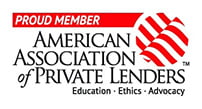It’s getting bigger faster than ever in the hotel business. This is due to more people moving within their own country, the middle class expanding in developing economies, and people traveling for work and pleasure. Statista says the industry will have made a massive $1.52 trillion by 2027, similar to a growth rate of 7.0% per year. People who want to make money in this field must deal with big chances and new challenges because it is growing quickly.
Table of Contents
ToggleUnderstanding Hotel Construction Loans
Getting the right amount of money is essential for any hotel construction project. A type of commercial loan called a hotel construction loan can be used to pay for the construction of a new hotel or fix this one up. Most of the time, these loans have specific rules and requirements, like
Loan Amount: The loan amount depends on the project’s size, location, and expected cost.
Schedule of Payments: While the house is being built, interest-only payments are generally made on a construction loan. When the work is finished, the loan turns into a regular mortgage.
Property or other assets are often asked for protection by lenders to protect the loan.
Rate of Loan to Cost (LTC): This number tells you how much of the project’s total cost the investor is willing to pay.
The Importance of Planning and Financing
Constructing a hotel is complex and costs a lot of money. Planning carefully and getting enough money is essential for any job like this. This is why:
Analysis of the market and how well it will work: To find out how many hotel rooms are needed in a particular area, who your possible competitors are, and what size and type of hotel you should construct, you need to do a lot of market study.
Making plans and budgets for a project: A detailed plan that includes architectural drawings, work schedules, and cost estimates is essential for managing the project well and reducing risks.
How to Get Financing: Getting a construction loan can be challenging. Before making a loan, lenders carefully consider the project’s viability, the producer’s experience, and the market’s overall performance.
Keeping track of building prices: Unexpected cost rises can make or break a project’s profitability. Effective cost management tactics are needed, such as monitoring expenses and adhering to the budget.
Making sure everything goes well: Once the hotel is built, it’s essential to ensure everything works well. This includes managing the money, teaching workers, and providing excellent customer service.
Smart business owners should put their money into the hotel business because it keeps growing. To get through the tough spots and seize the chances in this fast-paced field, you need to know how hotel construction loans work and how important it is to plan carefully and fund projects.
Understanding Your Hotel Project
Feasibility Analysis: The Foundation of Success
A complete feasibility study is essential before applying for a hotel construction loan. This in-depth study examines the project’s prospects and helps determine its likelihood of success.
Key Factors
Market Demand and Trends: Look at the number of hotel rooms occupied, the average daily rate (ADR), and the revenue per accessible room (RevPAR). Find out how current hotels pressure you to compete and determine how new developments might affect you. Find out about your target market’s demographics, travel habits, and tastes.
How much will the project cost? Make a thorough budget that includes buying land, building (labor and materials), interior design (FF&E, furniture, fixtures, and equipment), and any possible cost increases.
Revenue and profits expected: Based on market research, guess what the expected rental rates, ADRs, and RevPAR will be. The project costs include salaries, utilities, promotion, and repairs. To figure out how profitable your business is, you should make pro forma income statements, cash flow statements, and balance sheets.
Figure out a realistic way to get out of the business. For example, you could sell the building to another hotel operator, a real estate investment trust (REIT), or a private equity firm.
A thorough feasibility study gives lenders essential details about the project’s possible return on investment, lowering the risk of lending money for growth.
Developing a Business Plan: The Roadmap to Success
A well-written business plan is necessary to get a loan and is the road map for building your hotel. It lists the project’s objectives, plans, and expected earnings, showing lenders and investors that you understand the business well.
Key Components
Executive Summary: A summary of the project, its primary goals, and what is expected to happen.
Description of the company and its experience: background information on the development team, focusing on their hotel development experience and industry knowledge.
Market Analysis and Justification: An in-depth look at the project’s unique selling point, the competition, and the target market.
Project Description: A detailed plan for the whole project, including site plans, architectural renderings, a work schedule, and a budget.
Qualifications for the management team: A summary of the experience and skills of the important people working on the project’s creation, management, and execution.
Marketing and Operations Strategy: This is a list of the hotel’s sales and marketing plans and ways of managing income and running its business.
Financial Projections: Detailed financial predictions that show the project can make money, including expected income statements, cash flow statements, and balance sheets.
A well-organized business plan shows you know the market, the project’s viability, and the development team’s skills to carry out the project smoothly.
Selecting the Right Hotel Brand (if applicable)
Being affiliated with a national or international hotel name has many benefits, but there are also some things you should consider.
The pros
Increased Brand Recognition: Use the brand’s well-known image and loyal customers to your advantage.
Better Marketing and Sales: Take advantage of the brand’s many marketing and sales platforms.
Operations are streamlined because you can use tried-and-true scheduling systems, operating systems, and best practices.
Better guest loyalty programs: Use the brand’s loyalty programs to attract a steady flow of returning customers.
The Cons
Royalty Fees and Marketing Costs: You must keep paying the brand income and marketing fees.
Limited Flexibility: Stick to strict brand standards and operational rules, which could limit design and operational freedom.
Possible Competitors: You will have to deal with other properties in the same name as you.
Factors to Consider
Brand Reputation and Target Market: Pick a brand that fits your target market and the type of guests you want.
Fees for royalties and marketing: Look at how cost-effective the brand’s franchise fees and marketing payments are.
Standards and Requirements for the Brand: Carefully read the brand’s design guidelines, working standards, and quality assurance requirements.
Picking the right hotel brand is an important decision that can significantly affect the project’s success.
Financing Your Hotel Construction Project
Traditional Loan Options
Conventional Bank Loans
Key Characteristics
LTV Requirements: Banks usually set loan-to-value (LTV) rates based on the property’s worth.
Interest Rates and Loan Terms: Interest rates change depending on the market’s state, the borrower’s trustworthiness, and the project’s risk level. Different loan programs and lenders offer different loan terms ranging from 5 to 25 years.
Process of Documentation and Application: Usually, a lot of paperwork is needed, like financial records, business plans, market research, and personal guarantees. The application process can take a lot of time and be very tough.
SBA 7(a) Loan Program
Benefits: The SBA 7(a) program offers government-backed loans, which makes it easier for people who might not be able to get loans from a traditional bank.
Conditions: To be eligible, you must be a U.S. citizen or legal resident, have business experience, and have a good business plan.
How to Apply: You must send your application through an SBA-approved lender. The process can be challenging to understand, requires a lot of paperwork, and could take weeks or months to finish.
Alternative Financing Options
Bridge loans are short-term loans that help people get the money they need to buy a new home or sell their old one while they wait for the new one to be built.
These loans usually have longer terms and higher interest rates than regular loans.
Short-term loans with high interest rates are usually used for damaged buildings or projects that are considered high-risk.
Pros: Funding is faster, and there are fewer strict requirements for financing.
Cons: Interest rates are higher, terms are shorter, and fees could be higher.
Mezzanine financing is debt or equity funding between senior debt, bank loans, and equity. It offers extra money for projects that need more than what standard lenders are willing to give.
Private lenders are people or groups of owners who lend money in ways other than through banks.
REITs: Real estate investment trusts can help you get money by investing in the company or taking out loans.
Choosing the Right Loan Program
Selecting the best loan program varies on several things, including:
Budget and funding needs for the project: Find out how much the whole job will cost and how much money you’ll need.
Terms of the loan and interest rates: Compare the interest rates, payment plans, and other loan options offered by different lenders.
Creditworthiness and experience of the borrower: Check your credit background, financial documents, and experience working in the hospitality business.
How flexible the loan program is: Consider the lender’s flexibility regarding loan terms, draw plans, and possible future requests for money.
These factors should be carefully considered, and developers should consult financial experts to determine the best way to finance their hotel construction project.
Securing Your Hotel Construction Loan
Assembling the Loan Package
An all-around loan package is a must for a good application. Most of the time, essential papers include:
A feasibility study and business plan include an in-depth analysis of the market’s needs, competition, financial forecasts, and exit strategy.
Pro forma financial statements show if the project can make money by showing expected income statements, cash flow statements, and balance sheets.
Market Analysis Reports are local and area hotel market records that show RevPAR, ADRs, and occupancy rates.
Plans and specifications for hotel building: Detailed engineering drawings, architecture plans, and building instructions.
Qualifications and experience of the development team: Key people working on the project’s resumes and descriptions of their experience.
Collateral Information: If needed, provide proof of any collateral, such as property evaluations or insurance policies, put up as security for the loan.
The Loan Application Process
Initial Inquiry and Pre-Qualification: Discuss your idea with a few lenders and get some basic information about the loans they offer.
Pre-qualification is a quick look at your project and finances to see if you might be eligible.
Formal Loan Application Submission: Send the lender(s) you’ve picked a complete loan application package. This usually includes an official application form and all the paperwork that goes with it.
Loan Underwriting and Due Diligence: Lenders review your application very carefully, conducting market studies, financial analyses, and site inspections.
As part of due research, appraisals, environmental assessments, and legal reviews may be needed.
Loan Approval and Issuance of a Term Sheet: Once the loan is approved, the lender will send you a term sheet with all the essential details, including interest rates, loan amounts, payback schedules, and covenants.
Closing the loan and sending the money: The last loan papers are signed, and the lender sends the money according to the agreed-upon schedule.
Negotiating Favorable Loan Terms
Look at these key terms.
Interest Rates: Try to get the lowest interest rate possible while keeping the loan terms competitive.
Loan Amortization: Consider choices for longer amortization terms to lower your monthly payments.
Prepayment fines: To keep your options open, negotiate for little or no prepayment fines.
Use what you’re good at
You can get better deals if you have a strong business plan, a track record of success, and good credit.
Think about other options.
Looking into other ways to borrow money, such as bridge and hard money loans, can give you more leverage when negotiating with traditional lenders.
Managing the Construction Loan
Monitoring the Budget and Construction Progress: Monitor the project’s progress regularly to ensure it stays on plan and budget.
Do regular checks and look over the contractor’s bills.
Keeping Financial Records: Keep accurate and up-to-date financial records, such as invoices, change orders, and requests for building draws.
Compliance and Loan Payments
Following the agreed-upon plan, make loan payments on time.
Follow all the rules for the loan and the reports that are due.
Relationship with Lender
Keep the lines of communication open with your provider throughout the building process.
Tell them about any problems or delays that might happen.
By carefully controlling the construction loan and maintaining a good relationship with the lender, developers can ensure that the building of their hotel goes smoothly and is a success.
Key Considerations for Hotel Construction Projects
Environmental and Sustainability Factors
Environmentally friendly construction methods must now be used in hotels; it’s not just a trend.
Energy Efficiency
Benefits: Less energy use means lower prices and less environmental impact.
Strategies: Use low-energy construction materials, install high-performance windows and insulation, and use green energy sources like solar panels.
Water Conservation
Benefits: It saves a vital resource and cuts down on water use.
Strategies: Use low-flow outlets, set up systems to collect rainwater, and recycle graywater for uses other than drinking.
Sustainable Materials
Advantages: It helps local economies and lessens construction damage to the earth.
Strategies: Use recycled and locally found materials first, like used wood and glass that have been recycled.
Incentives and Financing
Many governments and groups give tax breaks, grants, and faster permit processes to encourage green building projects.
Green construction certifications like LEED can help a hotel sell more rooms and attract tourists who care about the environment.
Guest Satisfaction
Travelers who care about the environment are increasingly looking for places to stay that put sustainability first.
Show off your hotel’s green features and make sure your guests are happy to attract this rising market segment.
Technology Integration
Technology is transforming the hospitality industry.
Guest Check-in/Check-out
Benefits: It speeds up the process, reduces wait times, and makes things easier for guests.
Examples include online check-in and check-out sites, mobile keyless entry, and self-service kiosks.
In-Room Amenities
Pros: It makes the experience of guests better and gives you an edge over your competitors.
Some examples are smart TVs, high-speed Wi-Fi, voice-controlled gadgets, and tablets in rooms that let you change your room settings.
Hotel Operations & Management Systems
Benefits: It improves operations efficiency, cuts costs, and helps people make better decisions based on facts.
Property management systems (PMS), revenue management systems (RMS), customer relationship management (CRM) tools, and data analytics platforms are a few examples.
Energy Management & Automation Systems
Benefits: Uses less energy, saves money, and makes guests more comfortable.
Some examples include smart thermostats, automated lighting controls, and construction management systems that change the temperature and lighting based on who is in the building.
Risk Management
Thorough risk assessment is crucial for successful hotel construction projects.
Potential Risks
Bad weather, a lack of workers, or unplanned changes at the site can cause construction delays.
Cost Overruns: Changes in the design, unplanned problems on the job site, and changes in the prices of materials can cause budget overruns.
Market Demand Shifts: OChangesin travel habits, economic downturns, or decreased competition can affect occupancy rates
Natural Disasters: Hurricanes, earthquakes, and storms can cause extensive damage and make business difficult.
Risk Mitigation Strategies
Thorough Planning: Make thorough budgets, schedules, and backup plans if something goes wrong.
Experienced Team: Put together a group of skilled professionals, such as builders, engineers, and contractors.
Insurance: Get all kinds of insurance, such as liability, builder’s risk, and property insurance.
Regular Monitoring: Keep a close eye on how the building is going and immediately address any problems.
Market research: Monitor the market for changes and adjust your plans.
Prepare for emergencies: Make a plan for how to handle disasters and practice regularly.
By carefully considering these factors, developers can increase the likelihood of their hotel construction projects’ success and profitability.
Building Your Dream Hotel: A Guide to Financing and Development
There are many great opportunities for developers and investors in the hotel business. However, navigating the complicated financing process for a hotel building project requires careful planning and a strategic approach. This blog post has provided a complete plan for obtaining funds for your hotel development project and ensuring its success.
Key Takeaways:
Feasibility Analysis is Essential: A complete feasibility analysis examines market demand, project costs, projected revenue, and possible exit strategies to set the stage for a successful project.
Your business plan is your map. A well-written plan spells out your project’s objectives, strategies, and expected profits, showing potential investors and lenders that you know the business well.
There are many Financing Options. To find the best one for your project, Look into different types of loans, such as standard bank loans, SBA loan programs, bridge loans, mezzanine financing, private lenders, and real estate investment trusts (REITs).
Loan Application Needs Preparation: To prepare a reasonable loan application, you must assemble a complete loan package with a solid business plan, a market study, financial projections, and building plans.
Talk about getting good terms: Use your skills and look into other ways to earn money to get the best loan terms, such as the lowest interest rates, the shortest repayment terms, and no penalties for paying off the loan early.
The key to sustainability is Using sustainable materials, energy-saving features, and water-saving methods. This helps the environment, lowers costs, and attracts people who care about the environment.
Technology is changing things. Hospitality: Use mobile check-in, new room furnishings, and data-driven management systems to improve the guest experience, increase operational efficiency, and stay ahead of the competition.
Risk management is essential. To address problems such as construction delays, cost overruns, market changes, and unplanned events, you must proactively measure risks and devise ways to lower them.
Planning and Partnership are Key to Success
Getting hotel construction loans and figuring out how to proceed with the development process can be difficult. Working with experienced professionals like HotelLaons.Net can significantly improve your chances of success. Their team of experts knows a lot about the hotel business and has helped developers with all aspects of hotel financing for a long time.
Ready to Build Your Dream Hotel?
Contact HotelLaons.Net immediately to set up a complimentary meeting to discuss your project’s needs and explore funding options that fit your goals. They can help you build your dream hotel by guiding you through the complicated construction process.
Visit Hotel Loans to learn more!
FAQs
What are the typical profit margins for hotel construction and operation?
In the hotel business, profit margins can vary greatly depending on the hotel’s location, the brands it belongs to, the amount of competition, its efficiency, and the overall market. Net profit margins for hotels that have been around for a while can range from 5% to 25%. New developments may initially have smaller margins during the ramp-up phase.
How do I find qualified contractors and architects for my hotel construction project?
It is essential to find skilled architects and contractors. Use professional groups, online communities, and networks to find trustworthy companies. Get bids from several companies, examine their portfolios, call their references, and talk to possible candidates to ensure they fit your project’s vision and budget.
What are the potential legal and regulatory challenges of hotel development?
When constructing a hotel, many laws and rules must be followed. These include zoning laws, construction codes, environmental permits, accessibility standards, and local licensing laws. It is essential to consult legal and regulatory experts to ensure compliance and avoid delays or legal problems.
How can I ensure my hotel’s long-term sustainability and profitability?
Focusing on operational quality, continuous improvement, and adapting to changing market needs are key to long-term success. This means using good income management strategies, investing in guest satisfaction, maintaining a strong online presence, and keeping up with new ideas and trends in the industry.
What are the tax implications of owning and operating a hotel?
When you own a hotel, you may qualify for tax breaks for operating costs, depreciation, and credits for reducing energy use. Talking to a tax expert is essential for understanding and improving your tax plan.
